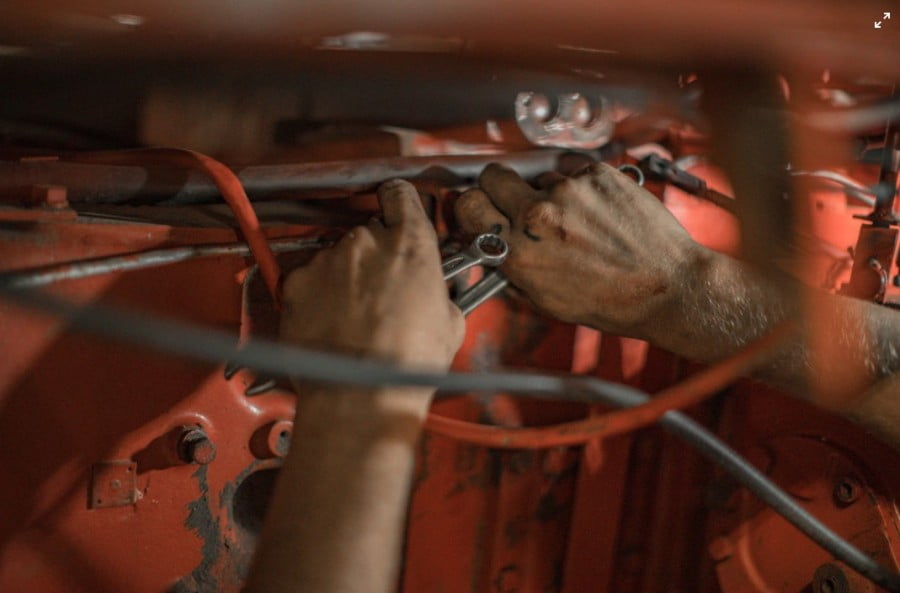By Van Ninja
The electric vehicle (EV) market made significant strides recently with EVs outselling their diesel-powered counterparts for the first time in British history – but an impending ‘skills crush’ could hamper this continued growth.
Occupying 16.6% of the market share in 2022, EVs are a crucial pillar in the UK’s move towards decarbonization amid the government’s banning of sales of new petrol and diesel vehicles by 2030.
Despite this, concerns remain over skills shortages disrupting the industry as its output continues to grow. Currently, just 15% of UK technicians are qualified to work on electric vehicles with some forecasters predicting a skills crunch could materialize as early as 2027.
As the automotive industry shifts towards its battery-powered future, there is a growing need for workers with the requisite skills to design, manufacture, maintain and repair these clean, green vehicles.
So, what can the UK do to address these skills gaps and prevent the EV industry from running out of road?
Commercial training
Clearly, more needs to be done to upskill the existing workforce and help technicians become more au fait with EV technology. This can be spearheaded by a collaboration between government and commercial car manufacturers.
Ford, for instance, recently expanded its UK production line assisted by £600million of government funding, but money should also be invested to help manufacturers tackle the acute skills shortage.
One option is for dealers and garages to train up new technicians in-house. This means that technicians can learn their craft under supervision and in a carefully-controlled, safe environment.
Alternatively, manufacturers could outsource training to specialist training providers and colleges. This can include training on everything from safe working to charging tips to how to inspect high-voltage components.
The power of apprenticeships
In addition to this, governments can harness the power of apprenticeships to boost the technical workforce and build EV-literacy among young people. This can help the future of the automotive industry from cars to van leasing.
Since EV maintenance requires working with high-voltage electricity, formal and accredited training routes are needed. One solution could be to release funds from the apprenticeship levy to assist this.
The scheme which taxes firms turning over £3million per year, 0.5% of their annual pay bill, raised £2.675 billion in its first year of operation.
The onus should be on creating a pipeline of green skills to help deliver Net Zero – to which EV apprenticeships should be central. Potential skills gaps could increase the cost of or reduce the quality of EV repairs which could decrease the likelihood of EV adoption.
Embracing Diversity
Another way of addressing the technician shortage is to make the sector’s workforce more diverse.
A recent cross-party think tank discovered an ‘image problem‘ around car mechanics and maintenance. Perceptions still linger of a dirty, blokey, typically masculine arena which may deter some would be-applicants from pursuing such a career.
This image should be revitalized to improve its attractiveness to young people. A better public profile, for instance, would be of high-skilled technical roles which champion a move towards greener living.
Car servicing and repair chain Kwik Fit have supported this with a dedicated apprenticeship program inclusive of female apprentices but more needs to be done to target those from under-represented backgrounds as the industry moves towards decarbonization.
Summary
By increasing collaboration between government and commercial manufacturers, making creative use of apprenticeship levy funds and rejuvenating the sector’s public image, Britain can avoid looming skills shortages and stay on the road to Net Zero.

